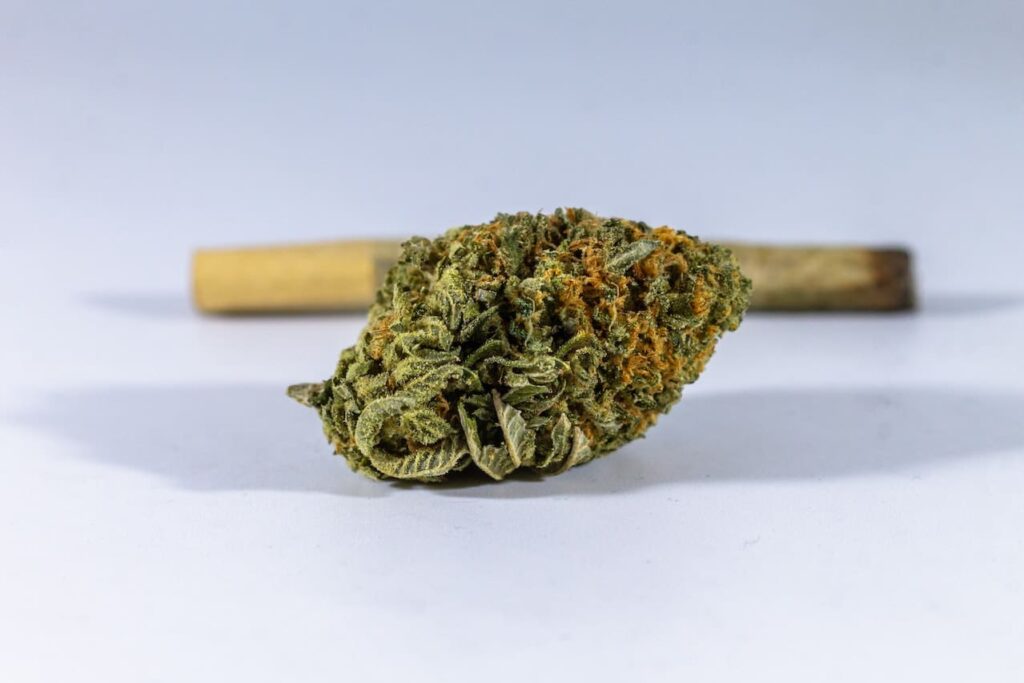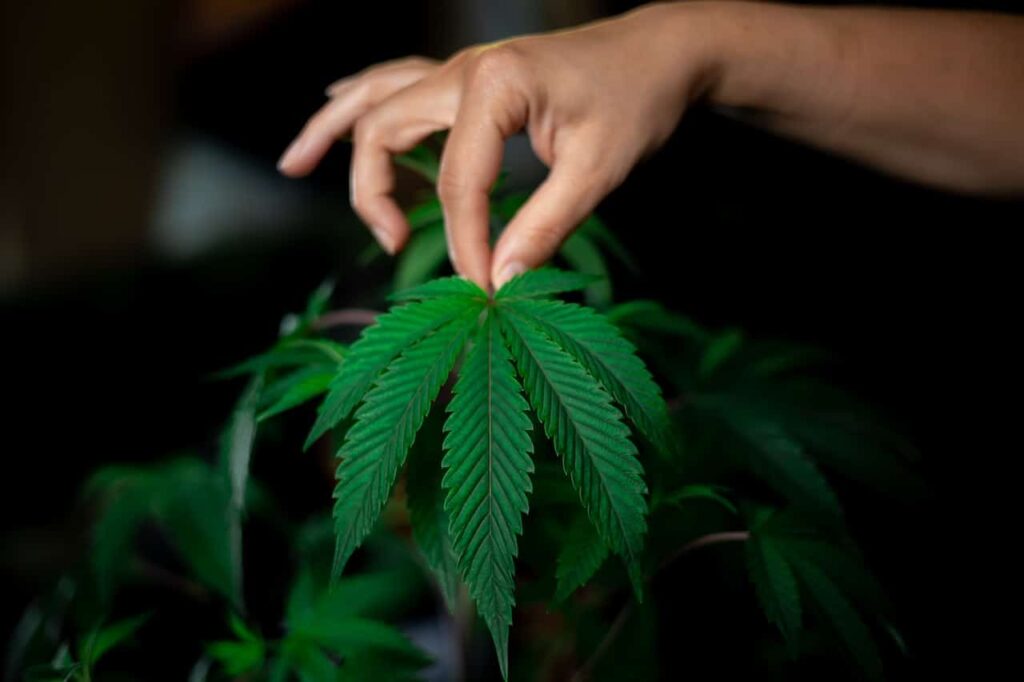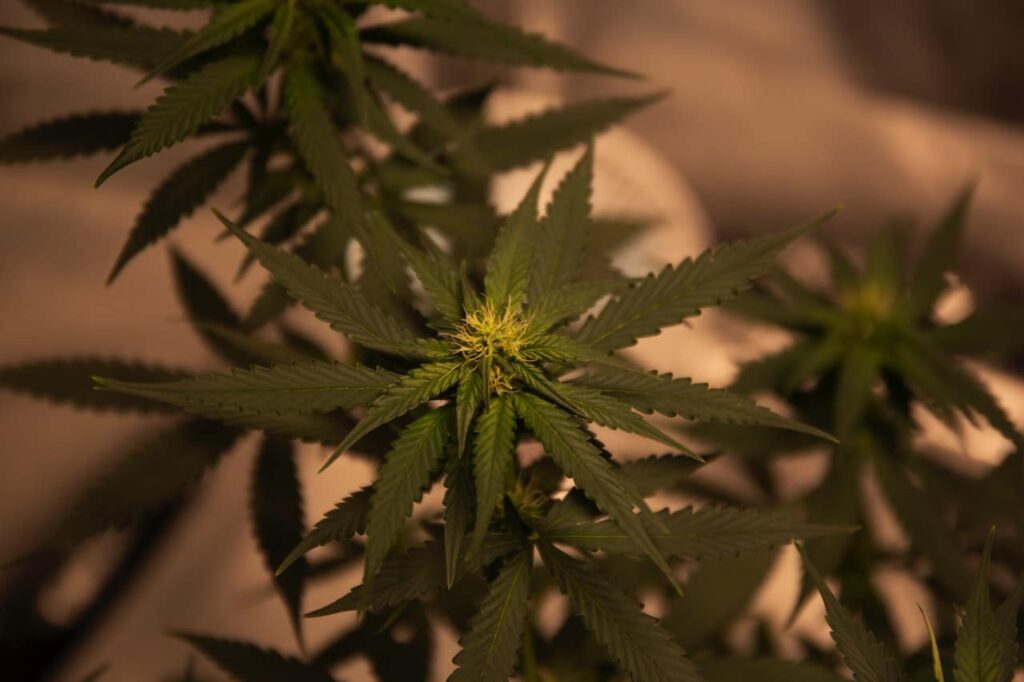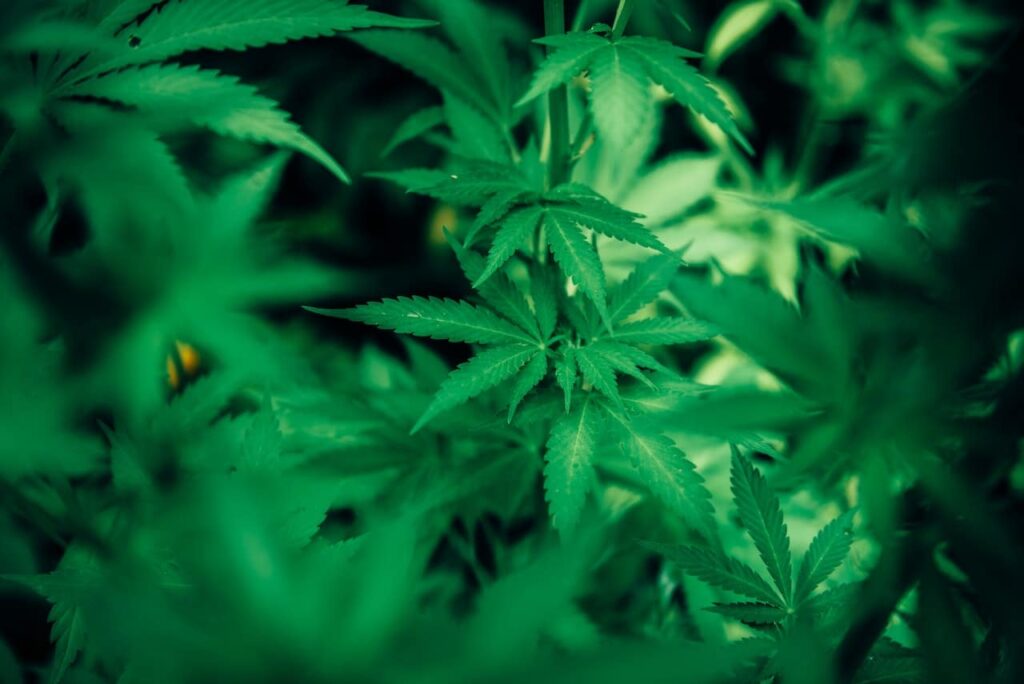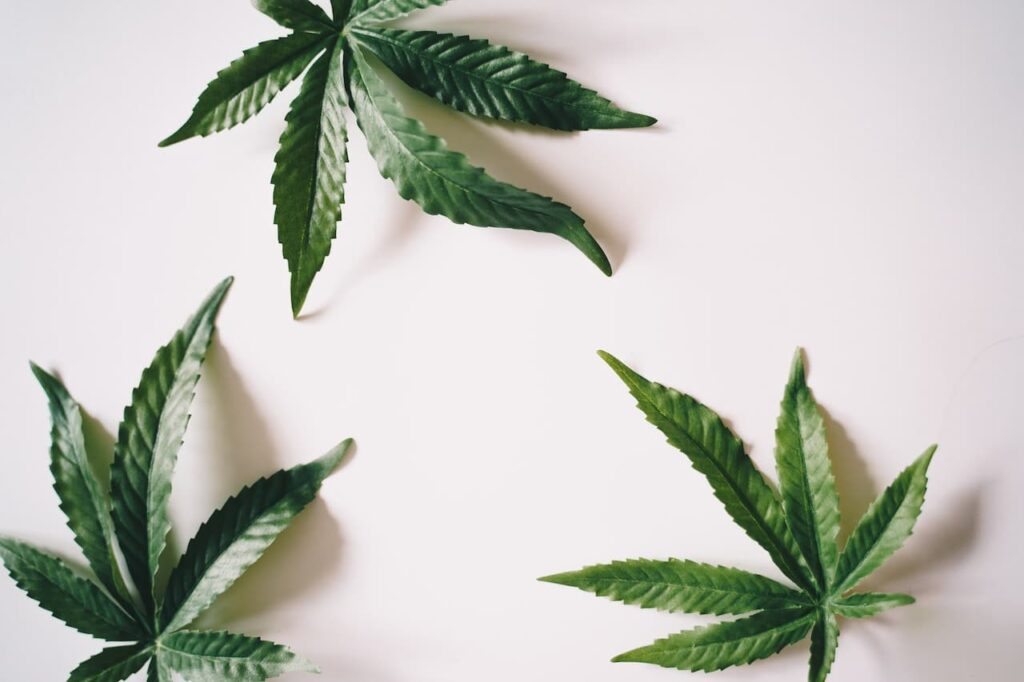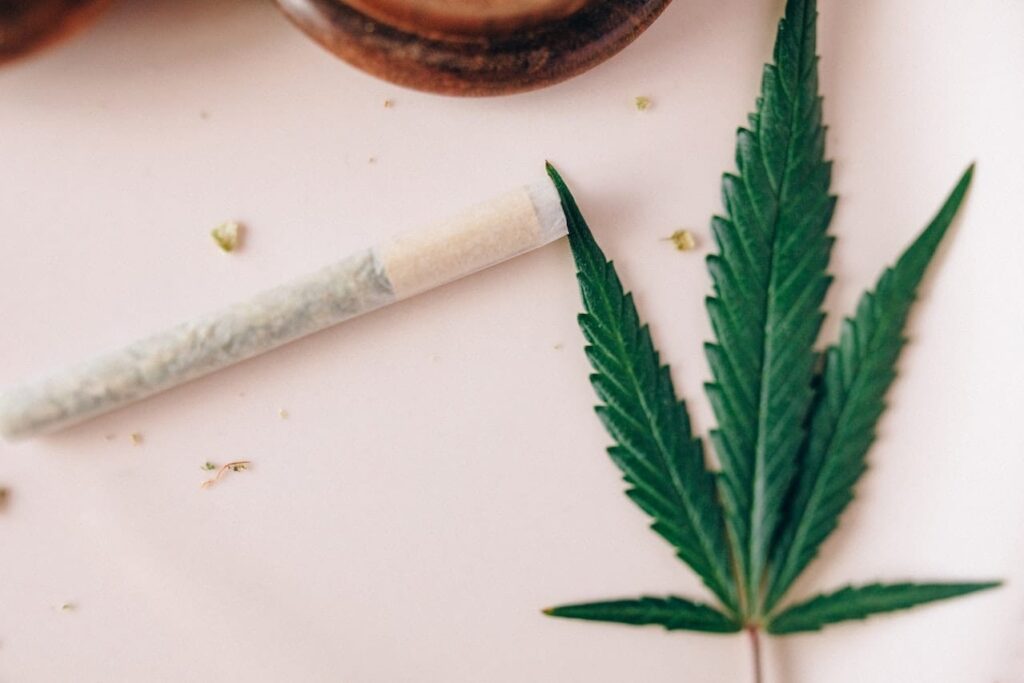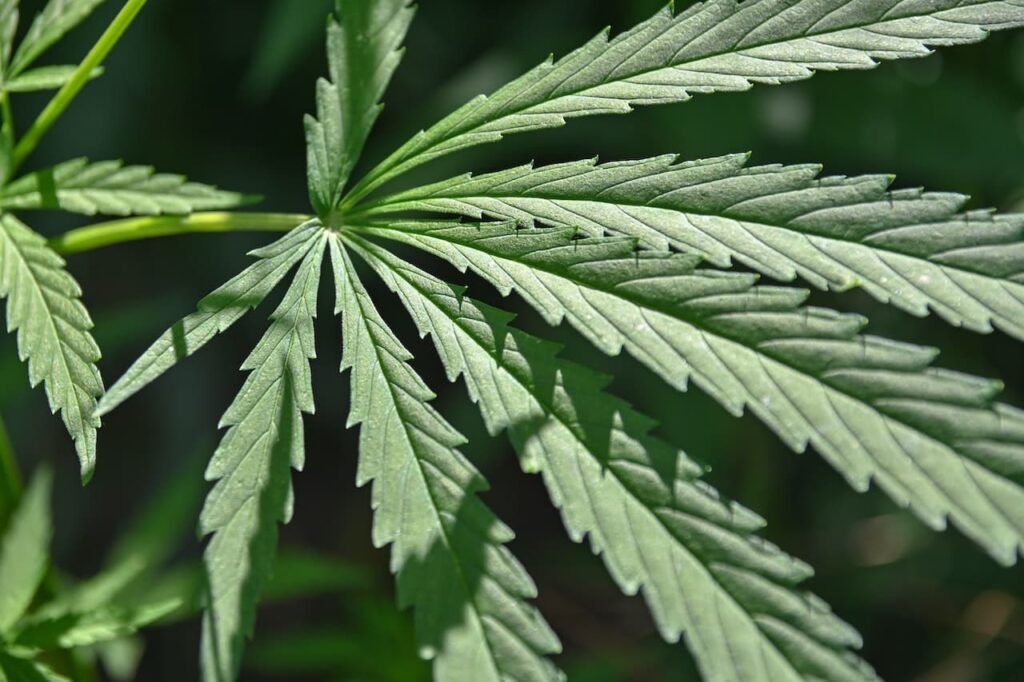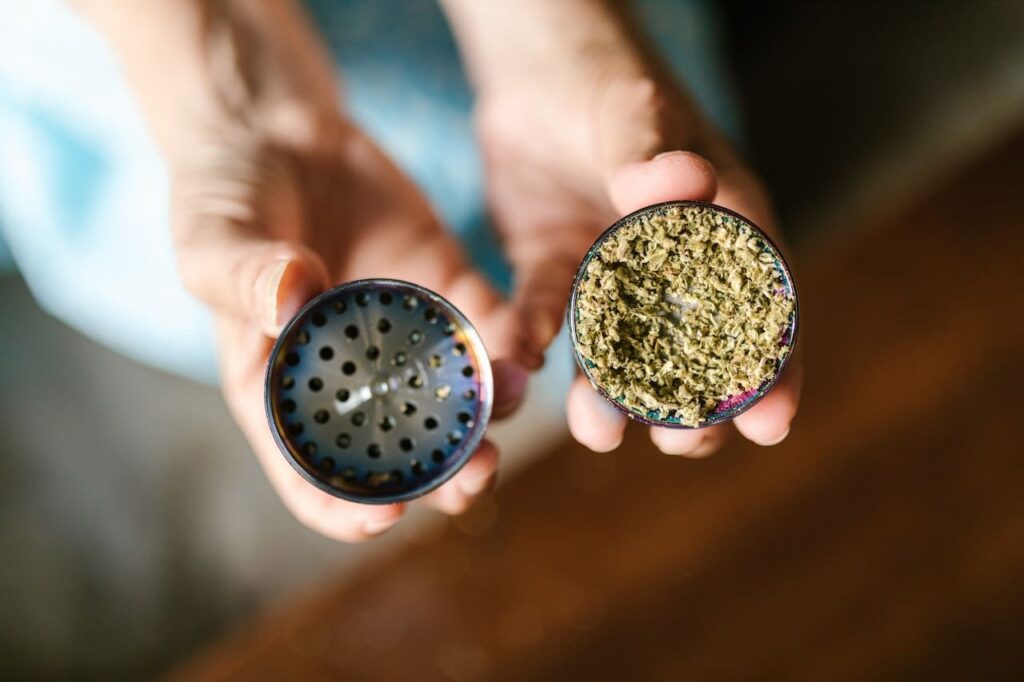
Blog
Ohio Legalized CBD & Hemp | Mary Jane’s CBD Dispensary / Ohio CBD, Ohio CBD Law, hemp-derived CBD, CBD, THC, Hemp, New Law Entails
On Tuesday, Ohio became the 46th state to allow hemp farming after Gov. Mike DeWine signed a bill that legalized hemp. The bill calls on the state's Department of Agriculture to establish a licensing system for farmers willing to grow hemp.

DeWine, a Republican, said at the bill signing that they believe the safeguards in place. He also said that they believe it will offer more opportunities for Ohio consumers and more opportunities for Ohio farmers.
When the Ohio Department of Agriculture successfully establishes a hemp program, farmers will begin applying for licenses to grow the plant. Like marijuana, hemp is a variety of cannabis Sativa, but it has lower amounts of THC, a psychoactive compound. CBD, also called cannabidiol, can be extracted from the plant and infused in food and dietary supplements.

The new law also clears universities in the state to grow hemp for research, and officials hope the licensing process will be done by spring 2020.
According to officials, the faith of the hemp industry isn’t assured, and farmers must adapt to growing hemp in the state's climate.
Ty Higgins, a spokesperson for the Ohio Farm Bureau, stated that it is yet to be known whether the market will be oversaturated, or if there are established market forces that will show up. The Ohio Farm Bureau Federation also projects that hemp will become the third most consumed crop behind corn and soybeans.
The National Conference of State Legislatures stated that more than 40 states had passed legislation to set up programs for industrial hemp cultivation and production.
What the New Law Entails
The law instantly permits hemp-derived CBD to circulate within the state. However, it will take some time before hemp can be grown commercially or processed in the Buckeye State.
The U.S. Department of Agriculture intends to provide federal rules relating to the cultivation and processing of hemp cultivation in the upcoming weeks.
Agricultural officials in Ohio have six months to finalize the draft on Ohio’s hemp rules and regulations, which will be handed over to the federal government for approval. The main objective is to establish all the necessary rules before next spring.

The department intends to ask for $12 million in the upcoming month to establish the program, buy testing equipment plants and hemp products. The agency officials have the right to check products for unauthorized health claims and conditions that don't defy food safety guidelines.
According to the director of the Ohio Department of Agriculture, Dorothy Pelanda, the agency does not intend to restrict the number of permits granted for the cultivation and processing of hemp.
According to Pelanda, agricultural staff members have been studying hemp programs in other states to enact rules and regulations within the desired time frame given by law.
Pelanda also said the agency intends to craft regulations so that farmers can plant seeds that have less than 0.3% THC.
Most of Ohio’s program will be based on research, and Ohio State University intends to buy about 2,000 hemp plants in the upcoming weeks.
Analyst in the cannabis Industry project that the revenue from the U.S. hemp market will only continue increasing, and they project that the hemp industry will be worth more than $26 billion by 2023.

